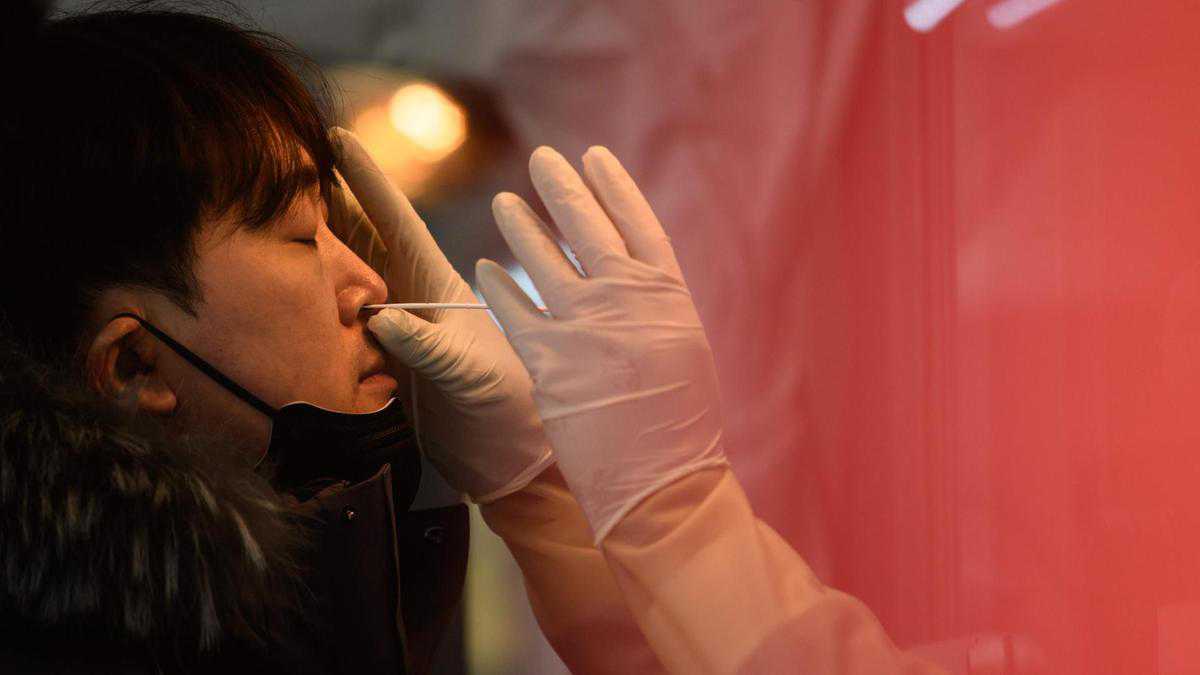Spending 5% of GDP in healthcare of producing countries can boost life expectancy by 9 years
17 December, 2020

Life span in developing countries can be extended by 9 years if 5 per cent more of gross domestic product is committed to strengthening healthcare devices, according to a fresh statement by Saudi Arabia's Upcoming Purchase Initiative Institute (FII-I).
“If our governments generate wise investment decisions, we are able to increase life span and we can make our health services work better for people in every part of our world," the FII Institute's leader Richard Attias, said.
Published prior to the fourth edition of the Future Investment Initiative to be kept in Riyadh from January 27 to 28, the report underscores the importance of integrating Artificial Intelligence (AI) and robotics in existing healthcare systems, which can help boost the efficiency of health-related investment simply by up to 20 %.
AI "displays considerable promise for preventing drug-resistant outbreaks," the article said.
"Databases containing the genomes from different strains of the pathogen happen to be growing, along with details about whether they had been vunerable to antibiotics," the study said.
"Using this info, AI can allow scientists to identify the DNA sequences that indicate level of resistance. This can speed up the treating diseases like TB."
AI can also help alert the community to the threat of a good disease outbreak, in line with the report.
"We were first made alert to Covid-19 in December 2019 by BlueDot, a provider in Toronto. It used an algorithm to trawl notifications, disease networks, global news tales and possibly airline ticketing facts to accurately predict the way the outbreak would spread."
The coronavirus pandemic caught the world off-guard and pushed global healthcare systems to the brink as the quantity of infections surged beyond capacity. In the first start of year many hospitals possessed a shortage of ventilators and beds.
The pandemic has infected about 74.5 million persons globally and claimed more than 1.65 million lives and as of Thursday, regarding to Worldometer, which tracks the outbreak. A lot more than 52.3 million persons include recovered from the infections.
The report also said Africa has a long way to go to meet the United Nation’s health related Sustainable Expansion Goals by 2030.
"With 16 % of the global human population, the continent makes up about 26 per cent of the global disease burden, yet receives less than 2 per cent of total global health-related funding. If we can make significant progress right here, it'll be a major step of progress."
Africa’s age demographic can be a challenge, in line with the article. The world's second-largest and second-most populous continent, will dsicover its population dual by 2050, with one-third will be beneath the age of 14.
"While this has the potential to make a 'demographic dividend', boosting financial development and productivity, the flip side is that the 60 % of Africa’s people currently under 20 will, by 2050, be beginning to age,” the survey said.
In 30 years the ageing population will demand health systems should come under pressure since it needs to increasingly react to their needs and different segments of society. The current healthcare financing gap for the continent is just about $66 billion yearly, which is "a significant obstacle to obtaining affordable universal health care by 2030,” according to the survey.
“The sort of rapid urbanisation Africa is experiencing can be set to pose problems. Urban migrants move to less healthy diet programs, resulting in higher rates of high priced chronic disease, while as well living in overcrowded conditions, often with poor infrastructures.”
Source: www.thenationalnews.com
TAG(s):
